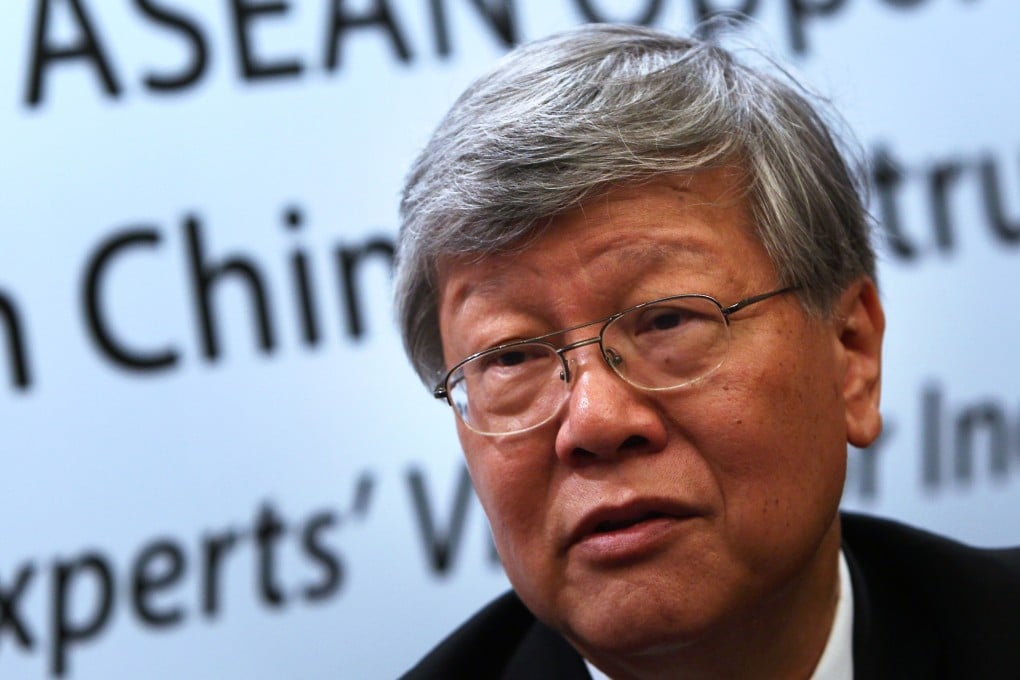Hong Kong will remain ‘extremely important’ financial centre despite short-term security law fallout: Andrew Sheng
- Hong Kong’s proximity to China means global financial managers will continue to flock there to access the mainland, says ex-Hong Kong official Andrew Sheng
- But the city is caught in the middle of ongoing China-US disputes and will suffer in the short-term from the new National Security Law

Hong Kong will remain an “extremely important” international financial centre because of its proximity and access to China, despite short-term difficulties related to its new security law, a former leading city financial official said on Wednesday.
“As long as China is growing – it is already the world’s largest trading nation and its saving rate is one of the highest in the world – all western banks and asset managers will want to flood into China to manage this large savings pool. And China will use the savings to diversify worldwide for good asset management reasons,” said Andrew Sheng, a Malaysian Chinese banker who helped the city weather the 1998 Asian financial crisis as chairman of the Securities and Futures Commission of Hong Kong.
Nevertheless, Hong Kong will suffer collateral damage from the escalating dispute between China and the United States, with the city’s new national security law haunting its financial and business community, he told an online seminar hosted by the Asia Society Policy Institute.
“When the two giants have huge disagreements, it suffers,” said Sheng, who is now a senior adviser to various Chinese financial regulatory authorities and the China Investment Corporation, the nation’s sovereign wealth fund.
Businesses prefer to have less volatility … but [the current] additional costs of uncertainties are huge
“Businesses prefer to have less volatility … but [the current] additional costs of uncertainties are huge.”